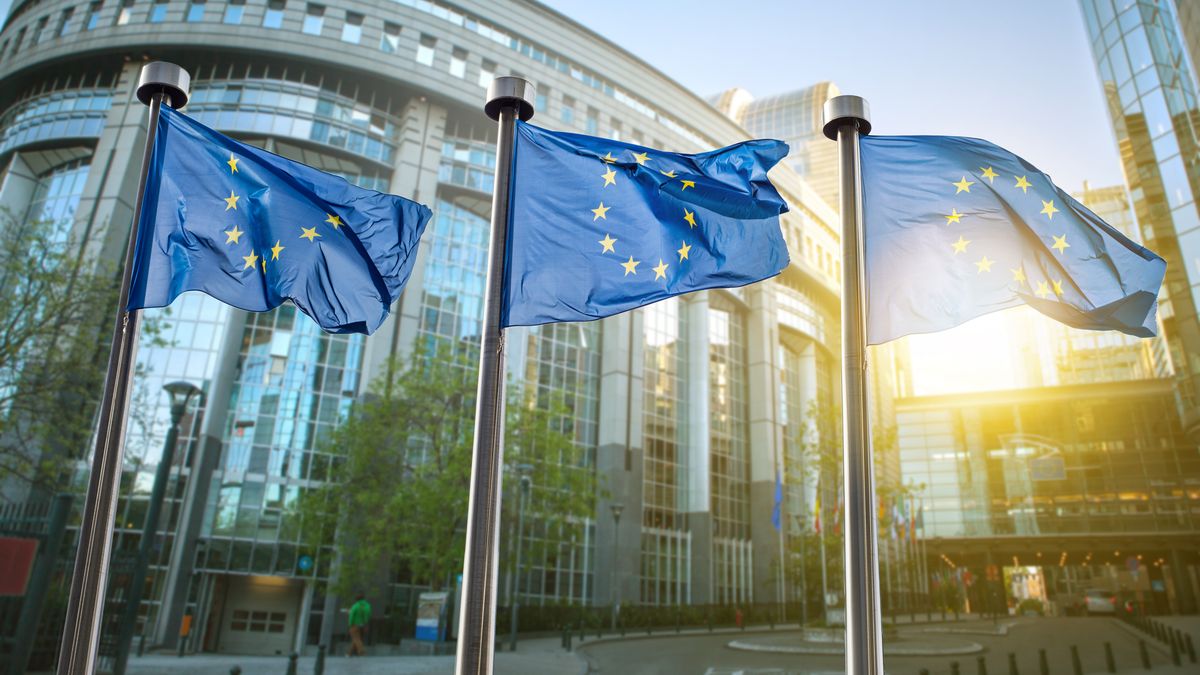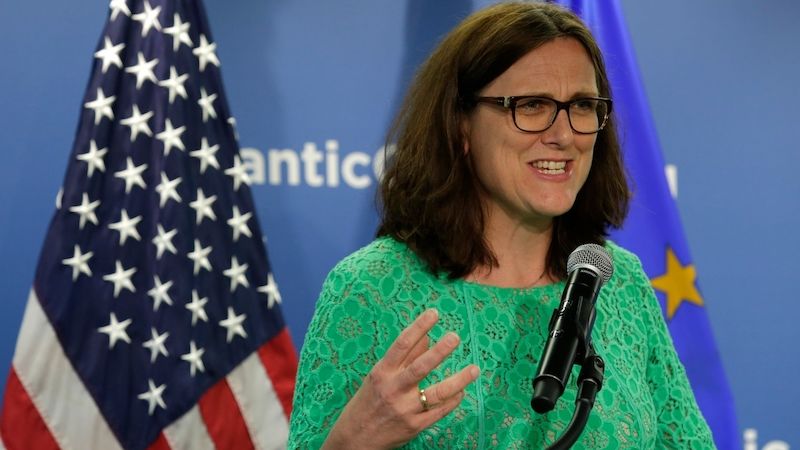The European Commission’s draft new law on “media freedom” has been criticized by journalists’ associations and some media outlets. The final draft, published by the commission on Wednesday, contains a controversial article that allows the government to spy on journalists using spyware.
EU countries met on Wednesday to agree on a common position. Union legislators will discuss the bill with the commission in the coming months and then vote to approve it. Before a proposal becomes law, it must be approved by the European Parliament, write Guard.
The draft law was first published by the European Commission, whose vice president is Věra Jourová, on 16 September 2022. The draft law promises, among other things, strengthened editorial independence, greater emphasis on monitoring media concentration, and “guaranteeing that strongly against the use of spyware against the media, journalists and their families”.
The so-called European Media Freedom Act is also intended to prevent political interference in the media and spying on journalists and to promote media pluralism.
However, the European Federation of Journalists (EFJ), which has more than 300,000 members in 45 countries, protested the latest version of the proposal. In his letter, he accused EU leaders, among other things, of “a dangerous disregard for the principles of media freedom”.
EFJ said the move was a “blow to media freedom” that would “do more harm to journalists” than ever before. Authorizing governments to install spyware on journalists’ phones on “national security” grounds would have a devastating effect on whistleblowers and other sources, he warned.
“While we support many of the steps taken by the Freedom of Media Act, it still has one shortcoming: Article 4,” explains EFJ’s Renate Schroeder. “The law must protect journalists and their sources. The commission’s proposal is not perfect, but it has become increasingly degraded after the last round of negotiations. This is very unsettling.’
However, if the current bill is ratified, then the media freedom law would “legalize the use of spyware against journalists,” as other NGOs put forward in their letter, he wrote. daily Le Monde. The international advocacy group EDRi also called on the European Council to “reconsider” countries’ security exemptions for spying on the press.
“The Council is taking dangerous steps to legitimize unacceptable forms of surveillance of journalists and their sources,” said Chloé Berthélémy, EDRi Senior Policy Adviser.
The proposal was also criticized for other reasons by trade organization News Media Europe, he said agent Reuters. He noted that it does not facilitate the mergers and acquisitions that would help the media compete with big tech companies.

“Tv nerd. Passionate food specialist. Travel practitioner. Web guru. Hardcore zombieaholic. Unapologetic music fanatic.”







